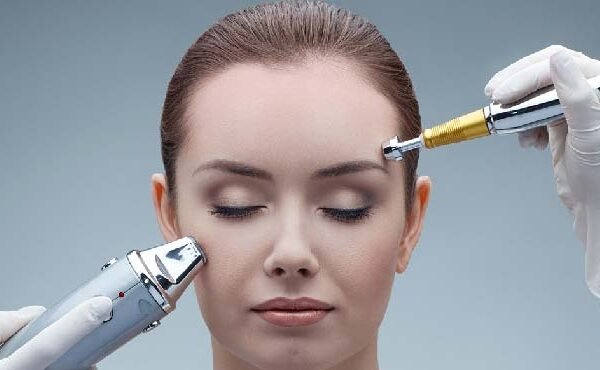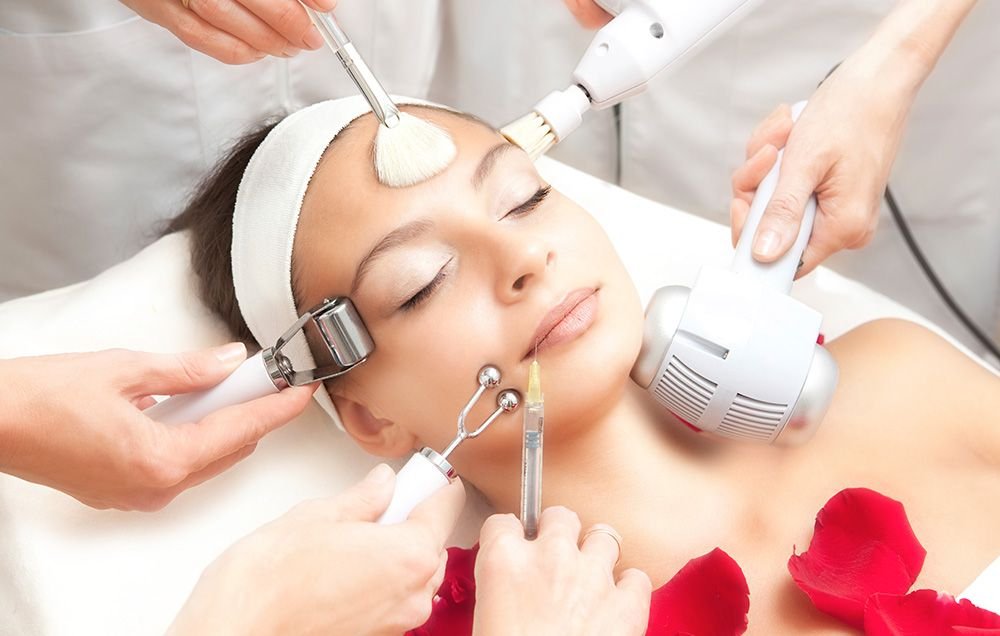Skin Treatments For Face
Skin Treatments for Face
Taking care of your skin is essential for maintaining its health and vitality. Skin treatments for the face encompass a wide range of procedures and products designed to address various concerns and improve overall skin quality.
Importance of Proper Skincare
The face is often the most exposed part of our body, facing environmental stressors like sunlight, pollution, and harsh weather conditions. Proper skincare helps protect against these factors and promotes healthier, more radiant skin.
Common Skin Issues
Acne
Acne is a common skin condition characterized by pimples, blackheads, and whiteheads. It can be caused by excess oil production, bacteria, or hormonal fluctuations.
Aging
As we age, our skin loses elasticity and firmness, leading to wrinkles, fine lines, and sagging. Skin treatments can help slow down the aging process and diminish visible signs of aging.
Hyperpigmentation
Hyperpigmentation refers to dark patches or spots on the skin caused by excess melanin production. It can be triggered by sun exposure, hormonal changes, or inflammation.

Types of Skin Treatments
Skin treatments can be categorized into two main types: topical treatments and professional treatments.
Topical Treatments
Topical treatments are products applied directly to the skin’s surface and include cleansers, moisturizers, and serums. These products work to cleanse, hydrate, and nourish the skin, addressing specific concerns and improving overall skin health.
Cleansers
Cleansers help remove dirt, oil, and impurities from the skin, preventing breakouts and promoting a clear complexion.
Moisturizers
Moisturizers hydrate the skin, replenishing moisture and preventing dryness. They also help maintain the skin’s natural barrier function, protecting against environmental damage.
Serums
Serums contain high concentrations of active ingredients targeted at specific skin concerns, such as fine lines, dark spots, or uneven texture. They penetrate deep into the skin, delivering potent benefits and promoting a more youthful complexion.
Professional Treatments
Professional skin treatments are performed by trained skincare professionals and include procedures like chemical peels, microdermabrasion, and laser therapy. These treatments provide more intensive results and are often used to address specific skin issues.
Chemical Peels
Chemical peels involve applying a chemical solution to the skin to exfoliate dead cells and stimulate cell turnover. They can improve skin texture, reduce fine lines, and even out skin tone.
Microdermabrasion
Microdermabrasion is a non-invasive procedure that uses a handheld device to exfoliate the outer layer of the skin, revealing smoother, more youthful-looking skin underneath. It can help reduce the appearance of acne scars, hyperpigmentation, and uneven skin texture.
Laser Therapy
Laser therapy uses focused light energy to target specific skin concerns, such as wrinkles, sun damage, and acne scars. It stimulates collagen production and promotes skin rejuvenation, resulting in firmer, healthier skin.

Factors to Consider Before Choosing a Treatment
Before undergoing any skin treatment, it’s essential to consider factors like skin type, concerns, budget, and desired results. Consulting with a dermatologist or skincare professional can help determine the most suitable treatment plan.
Benefits of Skin Treatments for Face
Skin treatments offer numerous benefits, including improved skin texture, tone, and clarity. They can also boost confidence and self-esteem by enhancing the overall appearance of the skin.
Risks and Side Effects
While most skin treatments are safe when performed by a trained professional, they may carry some risks and side effects, such as redness, irritation, or allergic reactions. It’s crucial to follow pre and post-treatment instructions carefully to minimize these risks.
Preparing for a Skin Treatment
Preparing for a skin treatment may involve discontinuing certain skincare products, avoiding sun exposure, and following any specific pre-treatment instructions provided by your skincare professional.
Post-Treatment Care
After undergoing a skin treatment, it’s essential to follow post-treatment care instructions to ensure optimal results and minimize any potential side effects. This may include avoiding sun exposure, using gentle skincare products, and staying hydrated.
Conclusion
Skin treatments for the face offer a variety of options for addressing common skin concerns and improving overall skin health. Whether you opt for topical treatments or professional procedures, taking care of your skin can lead to a healthier, more radiant complexion.

